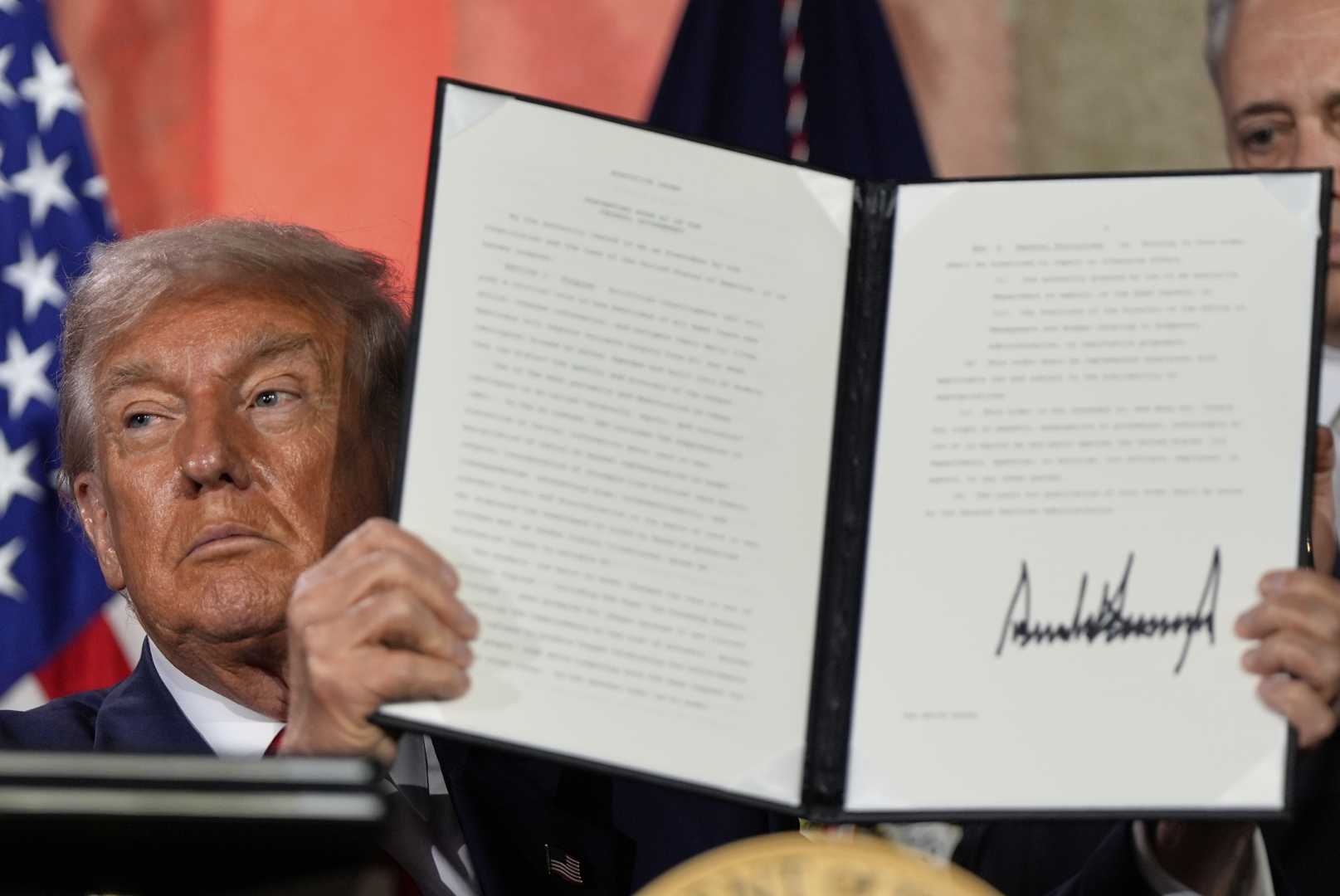Politics
Trump’s Order Proposes New Measures for Homelessness and Public Safety

WASHINGTON, D.C. — President Donald Trump issued an executive order on July 24, 2025, addressing homelessness and public safety concerns in U.S. cities. The order aims to shift policies towards the institutionalization of homeless individuals deemed a risk to themselves or others.
According to the order, the number of individuals experiencing homelessness in the United States reached a record high of 274,224 last year. The administration noted that many of these individuals struggle with mental health issues and substance addiction.
White House Press Secretary Karoline Leavitt stated that the executive order’s goal is to remove individuals causing public disorder and ensure they receive appropriate treatment. The order encourages collaboration among cabinet members to prioritize funding for states and municipalities that enforce laws against open drug use, urban camping, and loitering.
The National Coalition for the Homeless criticized the order, arguing it perpetuates punitive measures that do not address the real causes of homelessness. Executive Director Donald Whitehead Jr. emphasized the need for evidence-based approaches rather than policies that exacerbate existing challenges.
In reaction to the order, Scout Katovich, a senior attorney at the ACLU, expressed concern that forced treatment and institutionalization could prove detrimental to vulnerable populations. She argued that investing in affordable housing and mental health care is essential.
Following the order’s release, various homeless advocacy groups raised alarms about the potential implications, asserting that it reflects outdated thinking surrounding homelessness. As calls for comprehensive solutions grow louder, experts note that addressing these issues requires significant investment in supportive services rather than punitive measures.
The executive order comes amid recent statistics showing a surge in homelessness, particularly following the COVID-19 pandemic. Experts like Regina LaBelle, a former drug policy official, argue that while more needs to be done, the focus should not veer towards criminalization.












